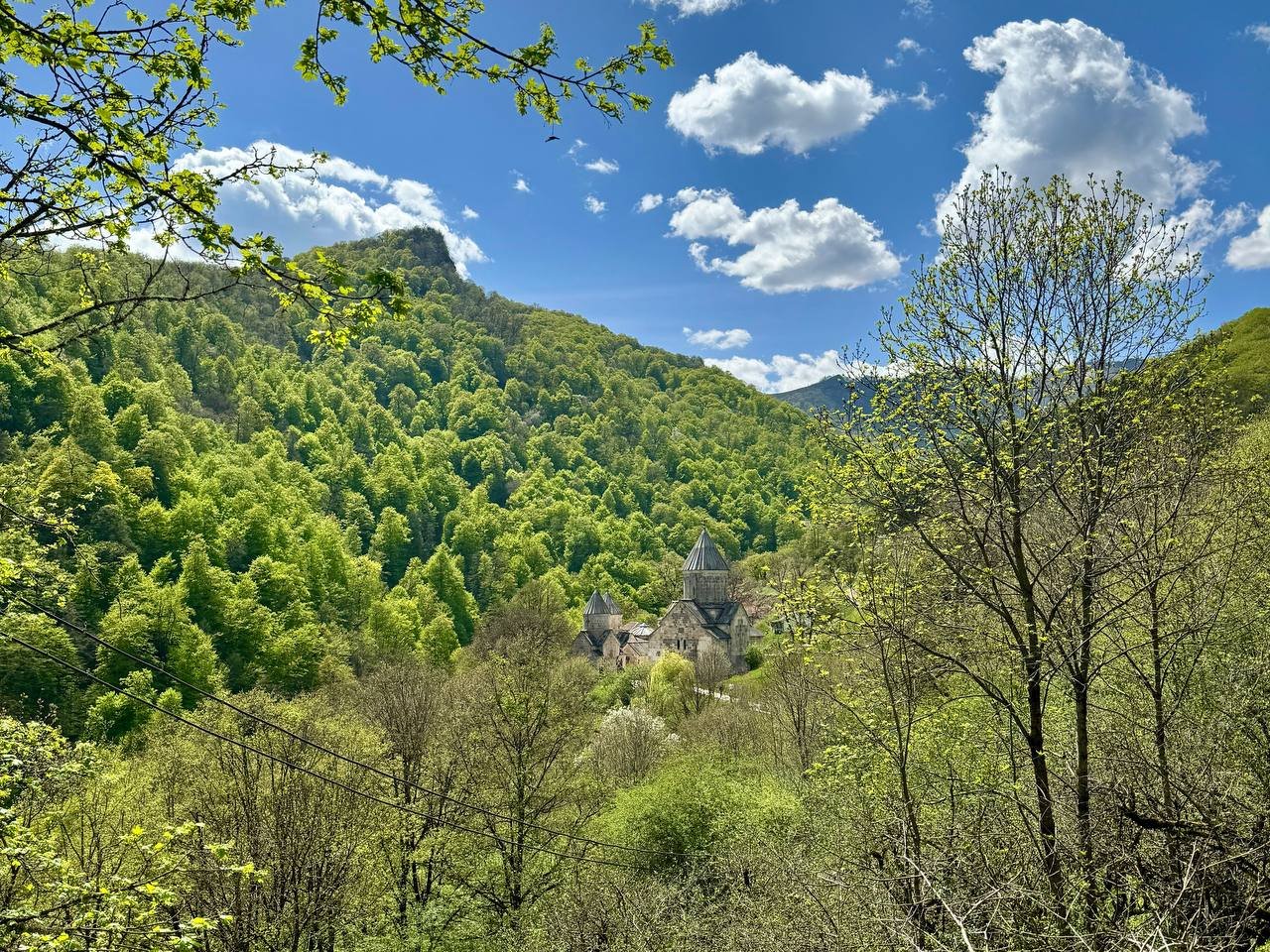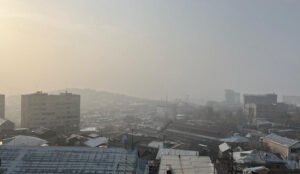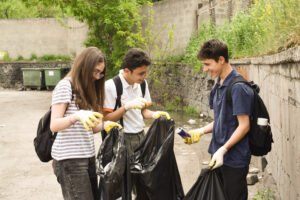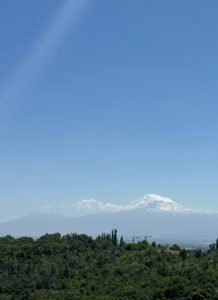Deforestation is the process of clearing forests for different uses including building infrastructure, making room for agriculture, and generating fuel1. It has many harmful impacts, including the destruction of habitats for certain animals and the increase of carbon dioxide in the atmosphere. The Tavush region, which is located in the northeastern part of Armenia2, is also subject to deforestation.
In Armenia, forests are important areas where biodiversity is supported and protected. The Tavush region, known for its mountains and dense forests, is often used for agriculture because of its good climate and fertile land. However, this popularity has also made it a target for deforestation. The main causes of deforestation in Tavush are illegal logging, overgrazing, mining, and the collection of firewood³. Many people do not fully understand how important forests are to ecosystems, which leads to cutting down millions of trees to make space for new buildings and roads. The trees in Tavush also play a large role in the wood industry⁴, where they are cut down and sold for profit. These actions are having a serious impact on the environment. Armenia’s biodiversity is being damaged, and many animal species are losing their homes. Deforestation also harms farming by damaging the soil and changing the natural balance of the land. This is why educating the public is so important. People need to understand that deforestation not only damages nature, but also takes away animals’ habitats and creates long-term problems for agriculture.
Although deforestation is becoming a larger threat in Armenia, there are measures that can be taken to combat it. For example, UNECE (United Nations Economic Commission for Europe) and UNFAO (United Nations Food and Agricultural Association) organized a nationwide workshop which focused on promoting sustainable ways to manage Armenia’s forests5. This initiative is supported by Hayantar, an organization that allows for stakeholders to be able to have a say in the new sustainable measures that Armenia will be taking, which will in turn promote the initiative5. Through this workshop, the citizens of Armenia will become aware of the harmful nature of deforestation, which will allow them to take on sustainable measures such as recycling. Additionally, organizations such as Maqoor are actively trying to combat the issue of deforestation; specifically, Maqoor promotes its Maqoor Villages program that allows students to learn about eco-conscious behavior in order to promote a more sustainable lifestyle to protect Armenia6. By instilling the importance of a sustainable lifestyle in students, the future generations will become increasingly aware of the risks that actions have on our environment, and will be able to make a shift to healthier practices.
Deforestation in the Tavush region poses a serious threat to Armenia’s biodiversity. The practices of illegal logging, overgrazing, and mining are to blame. Although these destructive practices are still exercised, organizations have been promoting sustainable practices to change these habits and build a society that is eco-conscious. Hopefully, Armenia is able to safeguard the future of its forests, as well as be able to build healthier, sustainable, and environmentally friendly practices by changing its attitudes and habits.
AUTOR
Julia Hamalian; Aug 29, 2025
Sources
1 – education.nationalgeographic.org; 2025; https://education.nationalgeographic.org/resource/deforestation/
2 – armgeo.am; not defined; https://www.armgeo.am/en/tavush-region/
3 – eu4environment.org; 2025; https://www.eu4environment.org/news/safeguarding-forest-resources-in-armenia/
4 – sciencedirect.com; 2016; https://www.sciencedirect.com/science/article/pii/S1512188716300690
5 – unece.org; 2017; https://unece.org/forestry/news/armenia-advances-monitoring-sustainable-forest-management
6 – maqoor.org; 2025; https://maqoor.org/maqoor-villages-program/




